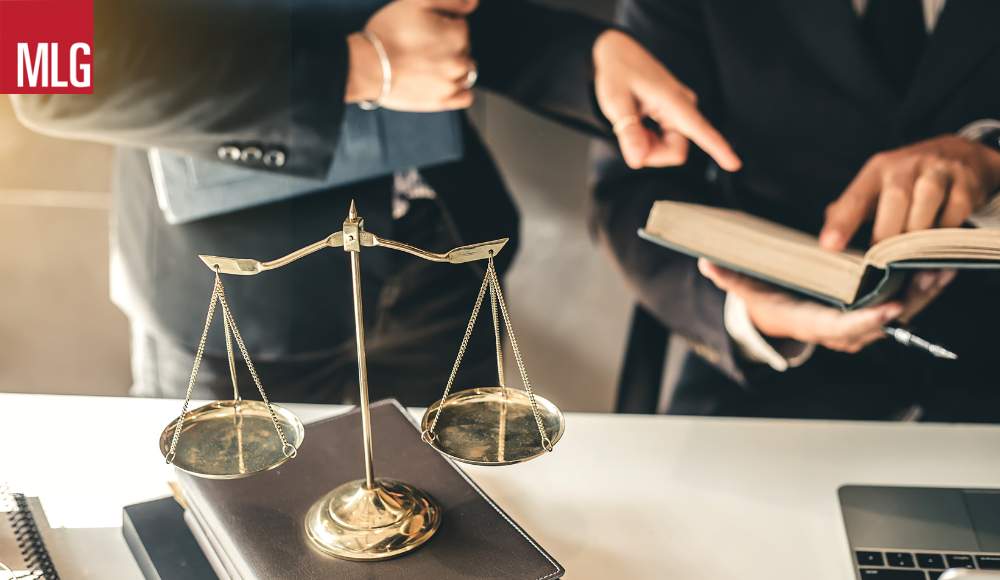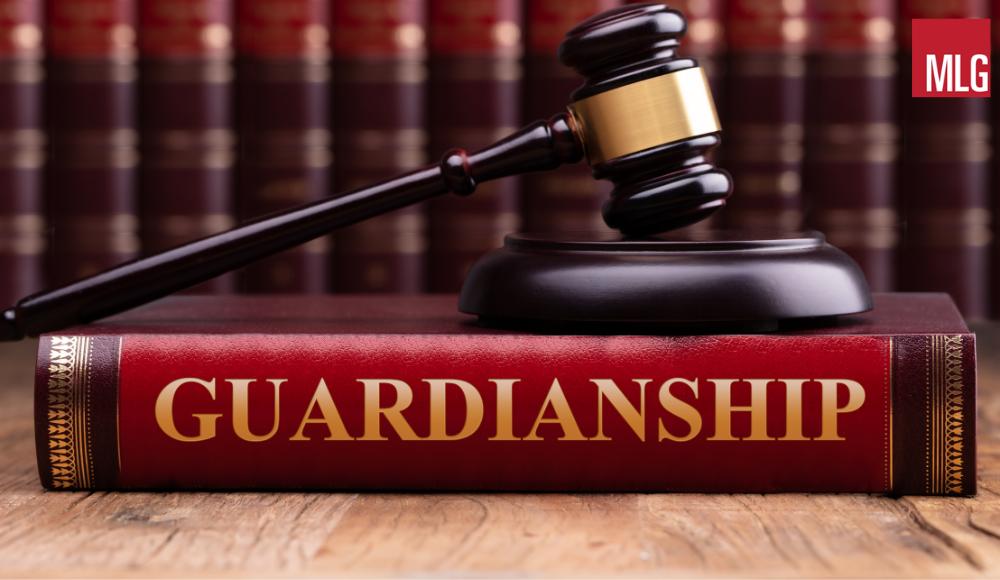Guardianship & Conservatorship
PRACTICE AREAS

Manassas Guardianship and Conservatorship Attorney
It often occurs that an individual for a variety of possible reasons lacks the physical and or cognitive capacity to do everyday tasks.
Some examples include elderly individuals suffering from dementia, other individuals suffering with mental illness, individuals who have suffered an injury or those individuals with cognitive incapacity need assistance.
Where the individual has previously signed a General Durable Power of Attorney and or a Health Care Power of Attorney, there will be an individual who can act on the family members’ behalf.
However, for these documents to be valid, the documents would have to have been executed by an incapacitated person at a time when he/she understood what the documents meant. This ability to understand the documents is called legal capacity.
In some cases, the Virginia Power of Attorney and or the Health Care Power may be insufficient to address all the needs of the incapacitated family member.

How To Obtain Legal Authority Over an Incapacitated Person
In Virginia, the procedure for obtaining the legal authority to make decisions for the incapacitated person is referred to as Guardianship or as Conservatorship.
When a person has been named Guardian for another, he/she has the responsibility/authority for the health, safety, and welfare of the incapacitated person. When a person has been named Conservator, he/she has the authority to make financial decisions for the incapacitated person and manage his or her resources and property. In many cases, the same individual holds both the Guardianship and the Conservatorship.
Guardianship in Virginia
In order to be appointed Guardian, a person must file a petition with the Circuit Court in the jurisdiction where the incapacitated person resides. A judge decides based on evidence whether the person alleged to be incapacitated, is in fact, incapacitated as defined by Virginia law. The Judge decides how broad the Guardian’s authority will be, based on the specific capacity of the incapacitated person
Conservatorship in Virginia
As in the Guardianship situation, a petition to obtain a Conservatorship must be filed in the Circuit Court where the person alleged to be incapacitated lives. In this case, the Judge determines the cognitive capacity or incapacity of the person alleged to be incapacitated to make financial decisions and to manage their financial affairs. If the Judge determines that the person is not able to manage his/her financial affairs, a Conservator is appointed and given the authority to make financial decisions for the incapacitated person and take control of their financial affairs.
This authority may include the duty to pay bills, invest money, sell property, or generally manage financial resources for the benefit of the incapacitated person. The Conservator is required to keep detailed records of all income received and funds expended. The records are reviewed by a Court official on a regular basis.

Safeguard Your Loved Ones with Guardianship and Conservatorship
Compassionate Legal Support at Manassas Law Group in Virginia
Facing the decision to seek guardianship or conservatorship for a loved one can be emotionally challenging and legally complex. Fortunately, Manassas Law Group is here to provide empathetic, professional guidance to help you navigate these sensitive matters with confidence and care.
Why Choose Manassas Law Group for Guardianship and Conservatorship Assistance?
Our Manassas estate planning attorneys at MLG are well-versed in Virginia’s guardianship and conservatorship laws, offering you seasoned advice and representation. We also understand the personal nature of guardianship and conservatorship cases. As such, our team is committed to understanding your unique situation and tailoring our services to meet your family’s needs.
When we take on a case, we handle it with the sensitivity and respect it deserves, ensuring the best interests of your loved ones are at the forefront of every decision. From filing petitions to representing you in court, we manage all aspects of the guardianship and conservatorship process.
Our Services
Guardianship
We assist in appointing a legal guardian to make personal, healthcare, and lifestyle decisions for those unable to do so themselves.
Conservatorship
Our team helps establish a conservator to manage the financial affairs and assets of individuals who are incapacitated or otherwise unable to handle their own finances.
Ongoing Support and Advice
We provide ongoing legal support and guidance to guardians and conservators, helping you fulfill your responsibilities effectively and compassionately.
Call the Manassas Guardianship and Conservatorship Attorneys at MLG Today
The responsibility of caring for another’s personal and financial well-being is significant, but you don’t have to face it alone. Contact Manassas Law Group for a consultation to explore how we can assist you in securing the care and management needed for your loved ones. Give us a call at 703-361-8246 or reach out online to get started.

Let Us Help
The attorneys at the Manassas Law Group can help you if there is a need for court involvement. Our attorneys have experience filing for and securing the appointment of Guardians and Conservators. There are many requirements when petitioning for guardianship or conservatorship, as well as a hearing in front of a judge, making it important to have experienced attorneys that can guide you through the process.














